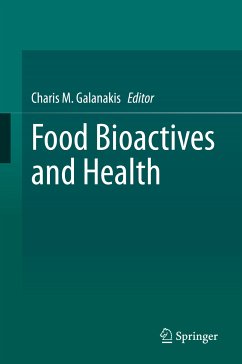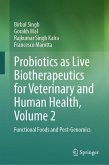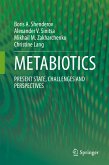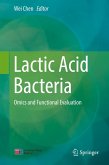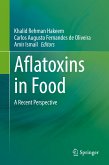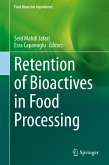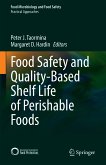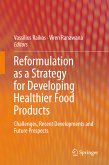Food Bioactives and Health offers comprehensive coverage of the properties and health effects of food bioactives in view of new trends in processing, food science and food technology. Starting with the metabolic characteristics of polyphenols, glucosinolates, and other food bioactives, the text then dives into their impact on human health and recent applications in the world of food technology. For food scientists, food technologists, and product developers looking to understand the role of food bioactives in health and develop applications in personalized nutrition, functional foods and nutraceuticals, Food Bioactives and Health serves as a one-stop reference.
Charis M. Galanakis is a multidisciplinary scientist in agricultural sciences as well as food and environmental science, technology, and sustainability, with experience in both industry and academia. He is the research and innovation director of Galanakis Laboratories in Chania, Greece, an adjunct professor of King Saud University in Riyadh, Saudi Arabia, and the director of Food Waste Recovery Group (SIG5) of ISEKI Food Association in Vienna, Austria. He pioneered the new discipline of food waste recovery and has established the most prominent innovation network in the field. He also serves as a senior consultant for the food industry and expert evaluator for international and regional funded programs and proposals. He is an editorial board member of Food and Bioproducts Processing, Food Research International, and Foods, has edited over 45 books and has published hundreds of research articles, reviews, monographs, chapters, and conference proceedings.
Dieser Download kann aus rechtlichen Gründen nur mit Rechnungsadresse in A, B, BG, CY, CZ, D, DK, EW, E, FIN, F, GR, HR, H, IRL, I, LT, L, LR, M, NL, PL, P, R, S, SLO, SK ausgeliefert werden.

